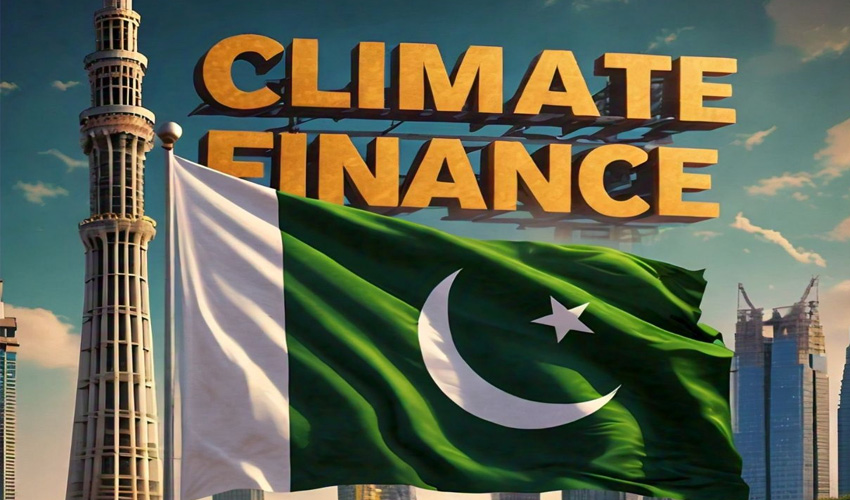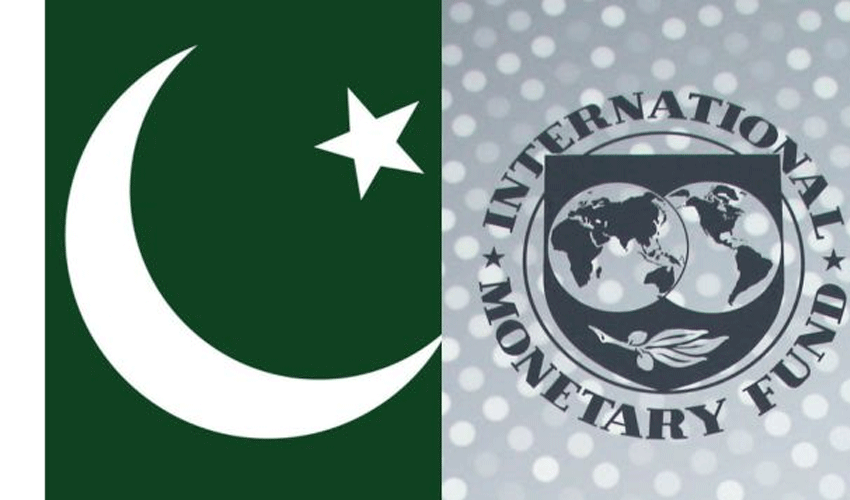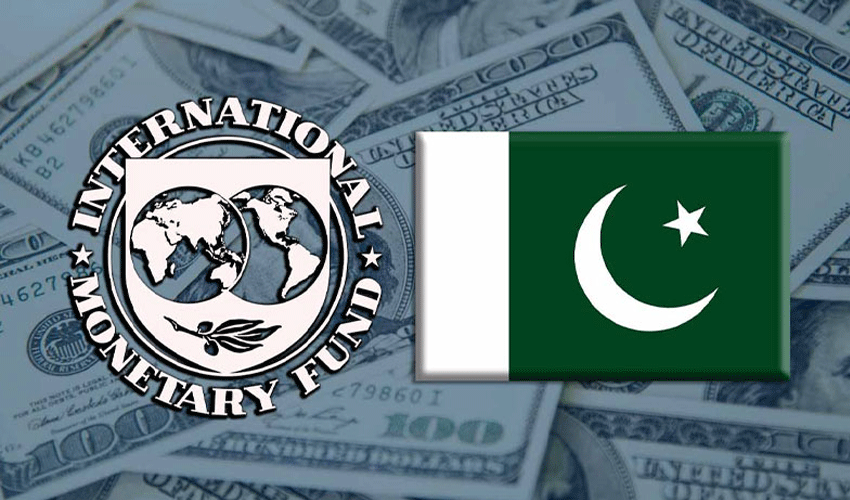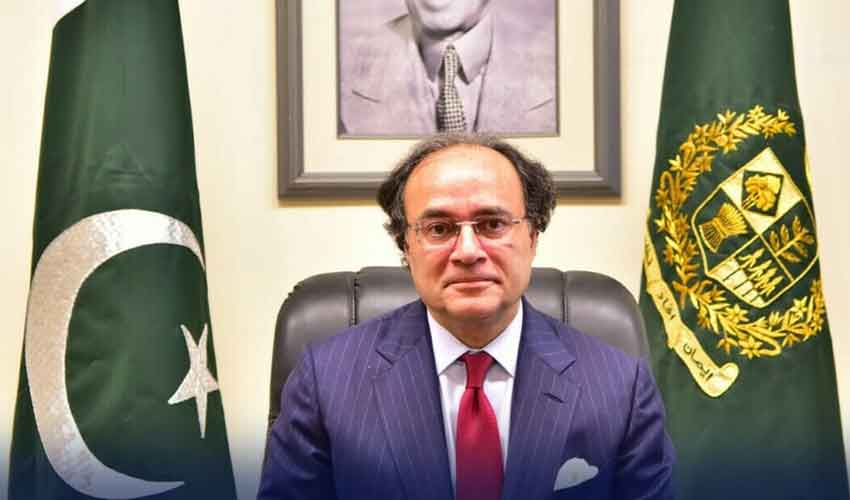Pakistan and the International Monetary Fund (IMF) have reached a staff-level agreement on the first economic review under the Extended Fund Facility (EFF), securing a $1 billion tranche subject to board approval.
Additionally, a new $1.3 billion arrangement has been finalized under the Resilience and Sustainability Facility (RSF), bringing the total financing package to $2.3 billion.
In a statement issued on Wednesday, the IMF acknowledged Pakistan’s efforts in stabilizing its economy despite global headwinds over the past 18 months.
The Fund noted improvements in fiscal discipline, declining inflation, and stabilisation of external balances.
However, it cautioned that geopolitical risks, fluctuating commodity prices, and climate-related challenges continue to pose significant threats to economic recovery.

The staff-level agreement follows extensive discussions between Pakistani authorities and an IMF delegation, led by Nathan Porter, during a mission held from February 24 to March 14 in Karachi and Islamabad.
Fiscal reforms and economic outlook
The IMF emphasised the need for continued economic stabilization and structural reforms, particularly in taxation, energy, and governance. It urged the government to broaden the tax base—especially through effective implementation of agricultural income tax—while phasing out energy sector subsidies.
The Fund also underscored the importance of a tight monetary policy to anchor inflation within the 5-7% range over the medium term.
Pakistani authorities reaffirmed their commitment to maintaining fiscal prudence and sustaining ongoing reforms.
The government has pledged to protect social welfare initiatives, such as the Benazir Income Support Programme (BISP), while prioritizing spending in health, education, and climate resilience projects.
Energy sector reforms, climate resilience
The IMF reiterated the urgency of implementing electricity and gas tariff adjustments to curb circular debt. It urged efficiency improvements in power transmission and distribution, along with governance reforms in the Pakistan Sovereign Wealth Fund to enhance investment potential.

Under the RSF, the $1.3 billion package will support climate resilience projects, including better water resource management, expansion of renewable energy, and promotion of green mobility to combat urban pollution.
IMF board approval and future prospects
The IMF Executive Board is expected to review the agreement in May. Upon approval, Pakistan will receive the $1 billion tranche under the EFF, while the RSF agreement will disburse an additional $1.3 billion over 28 months.
With foreign exchange reserves standing at $11.15 billion as of March 14, the IMF programme remains critical for Pakistan’s economic stability.
Analysts view the agreement as a roadmap for structural reforms, providing much-needed support to external accounts and investor confidence.
However, the IMF warned that premature policy easing, external shocks, and trade restrictions could undermine economic stability.
It urged Pakistan to stay the course on reforms to ensure long-term, inclusive growth.


























